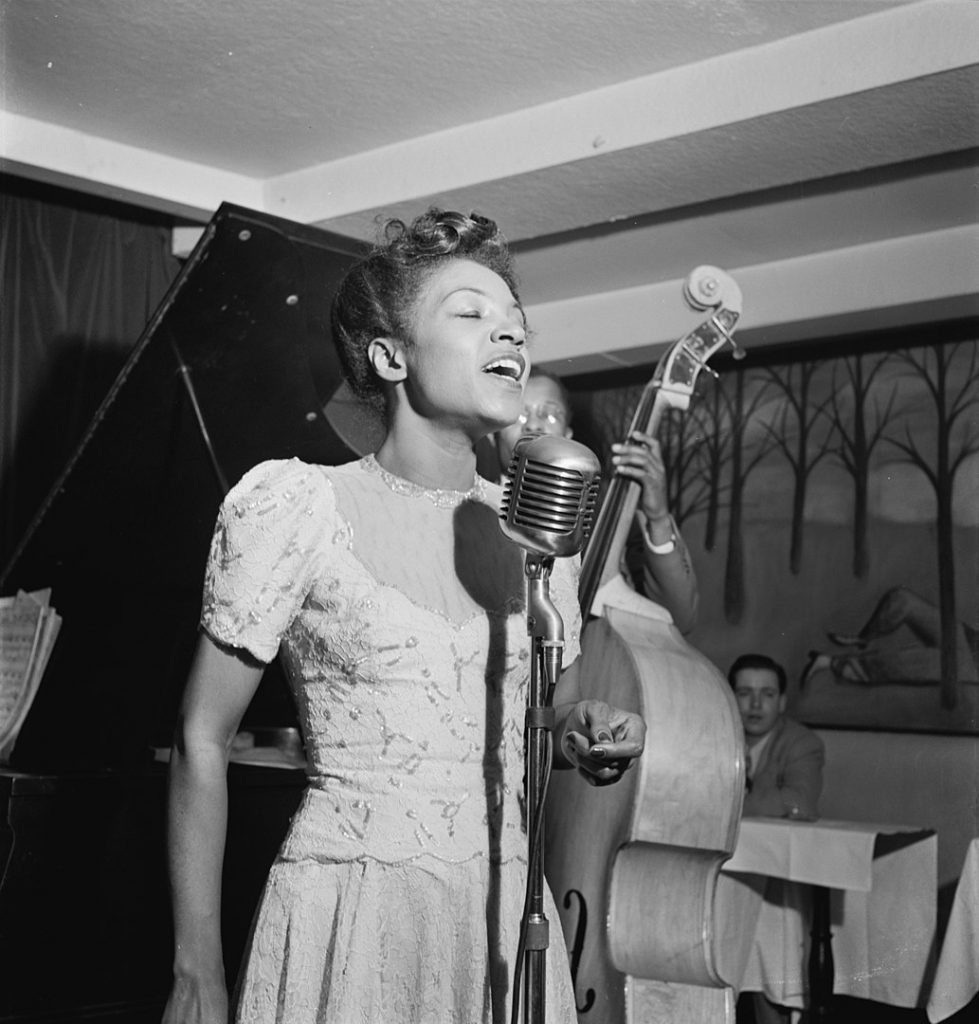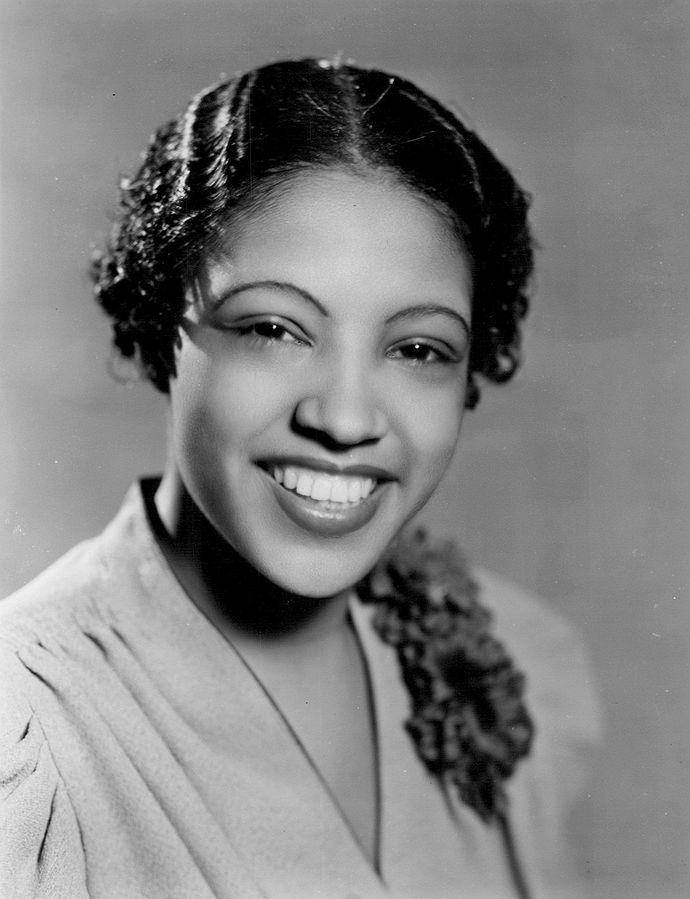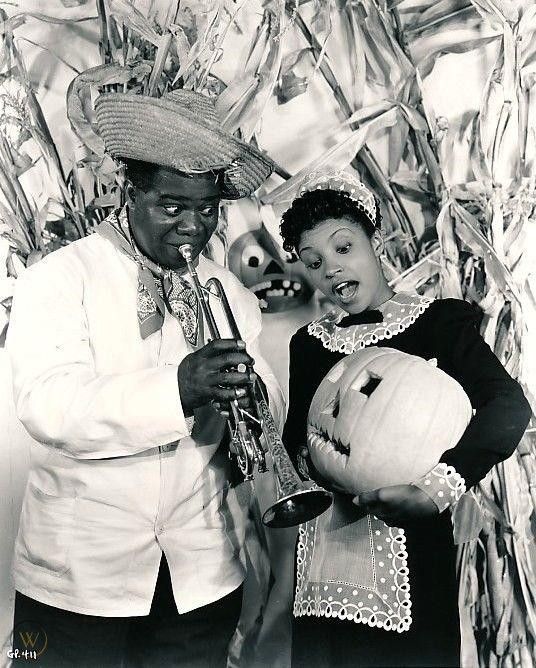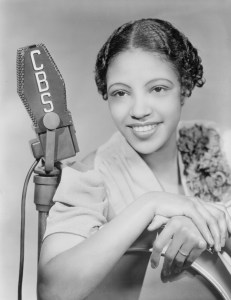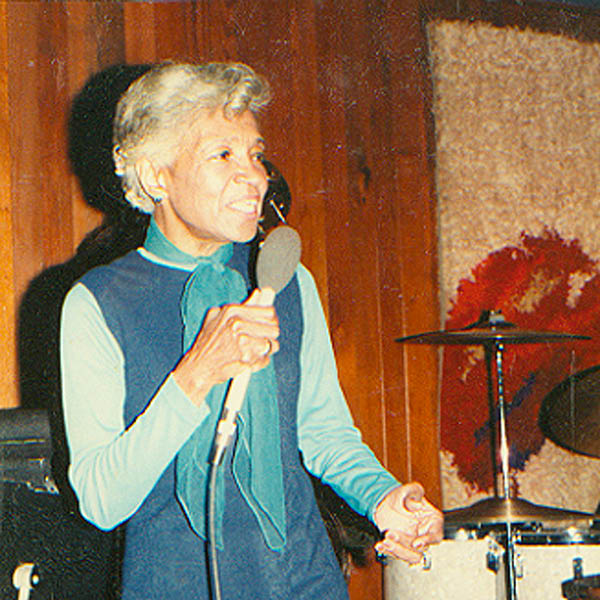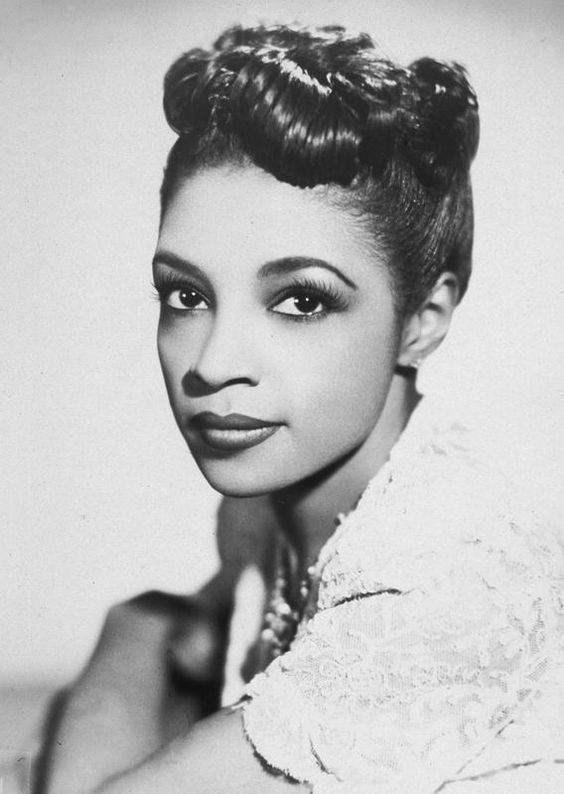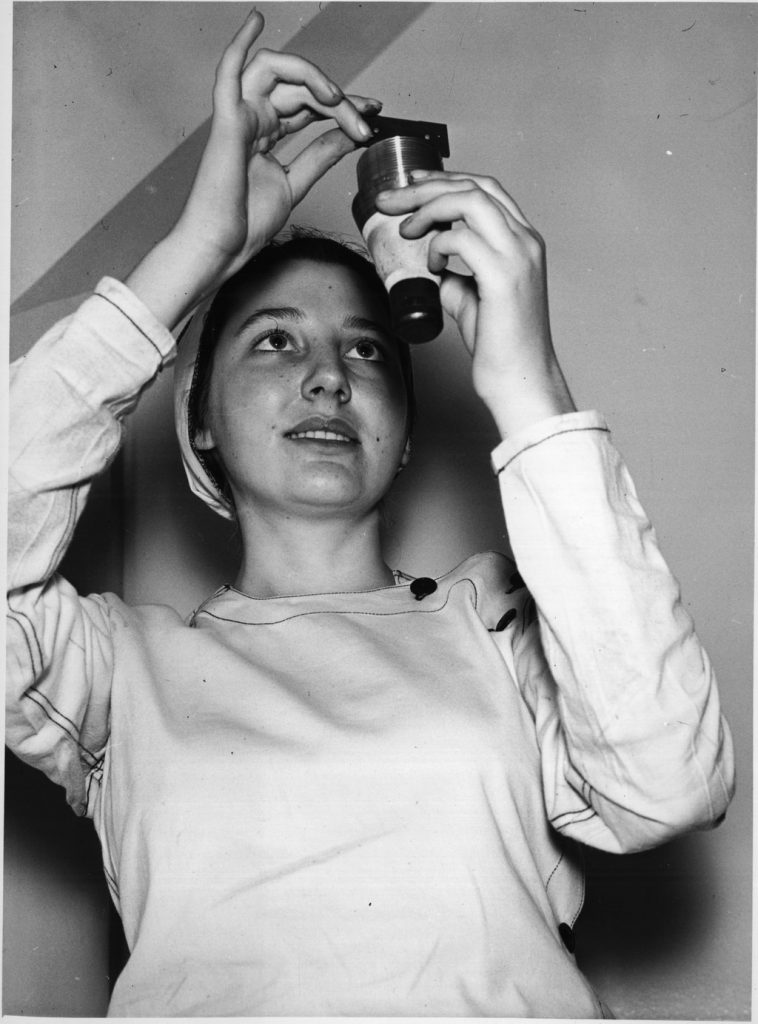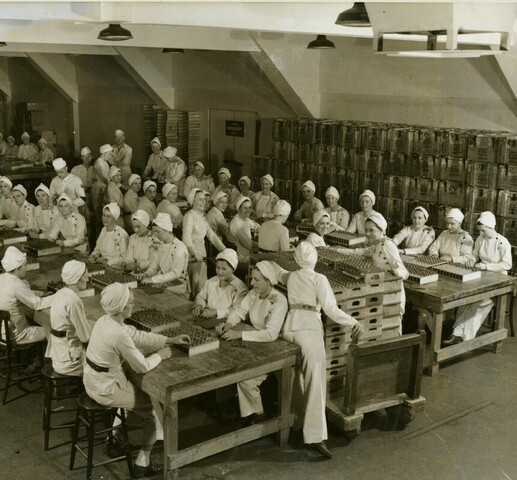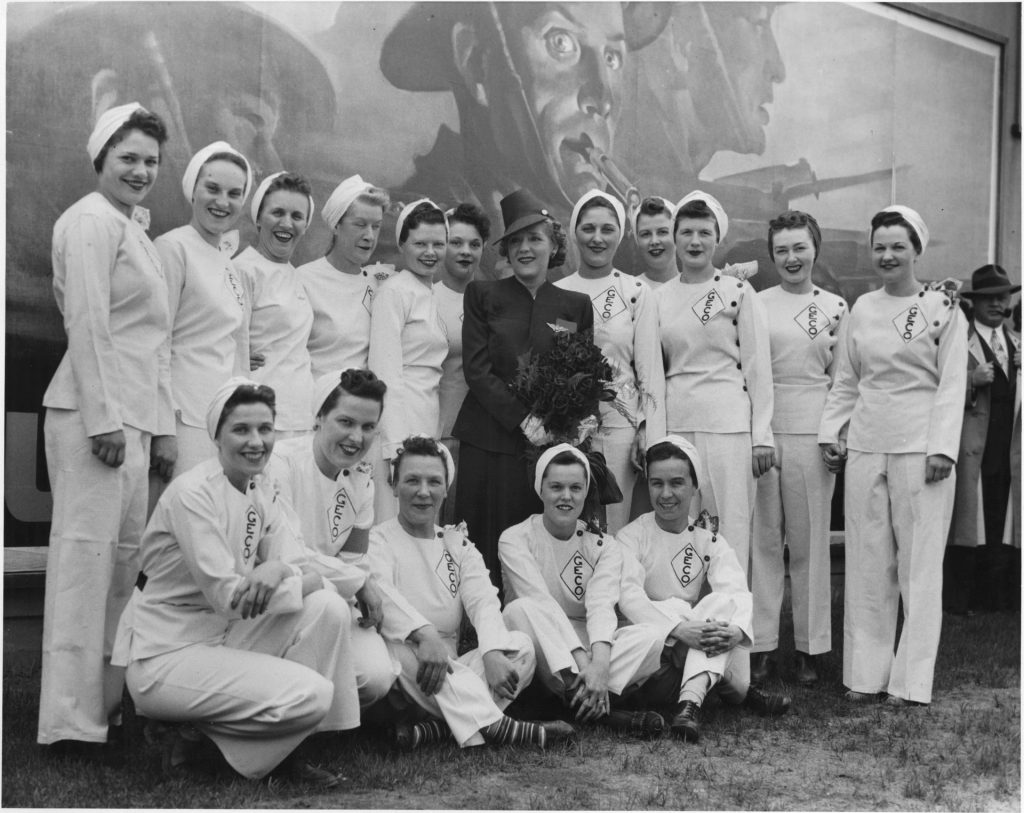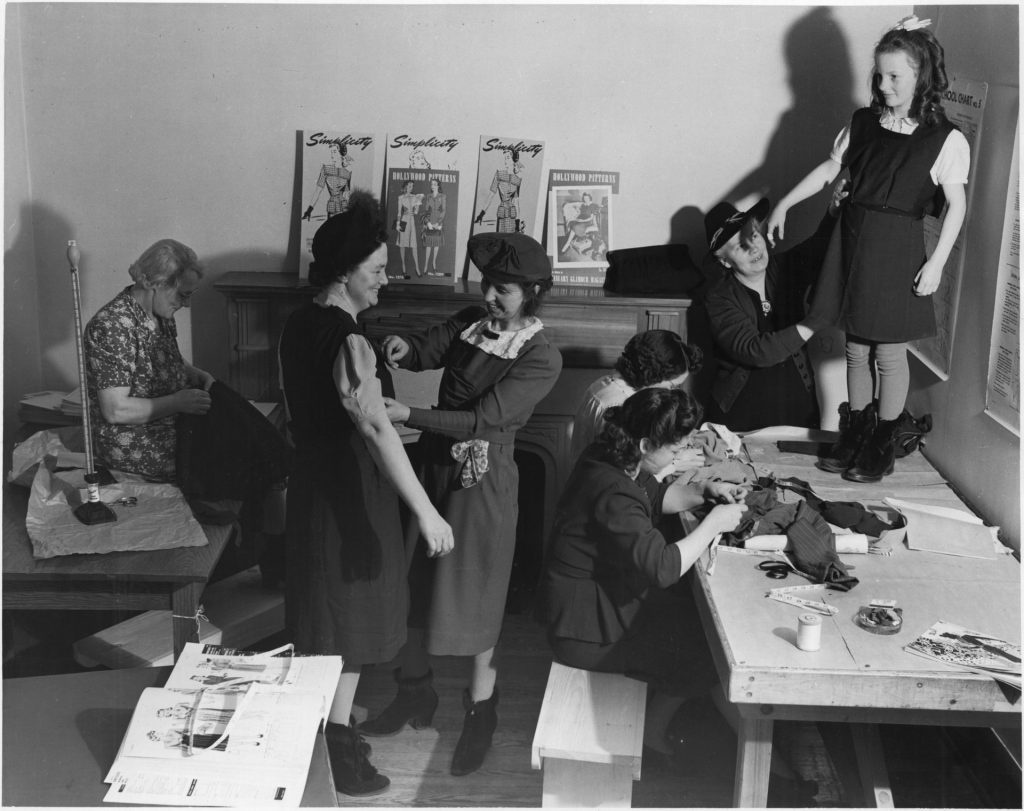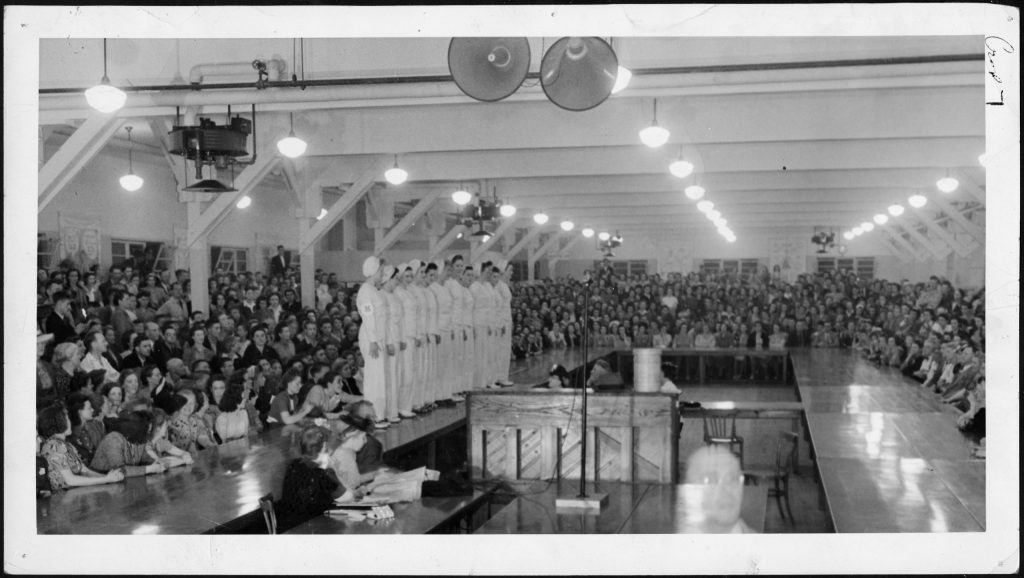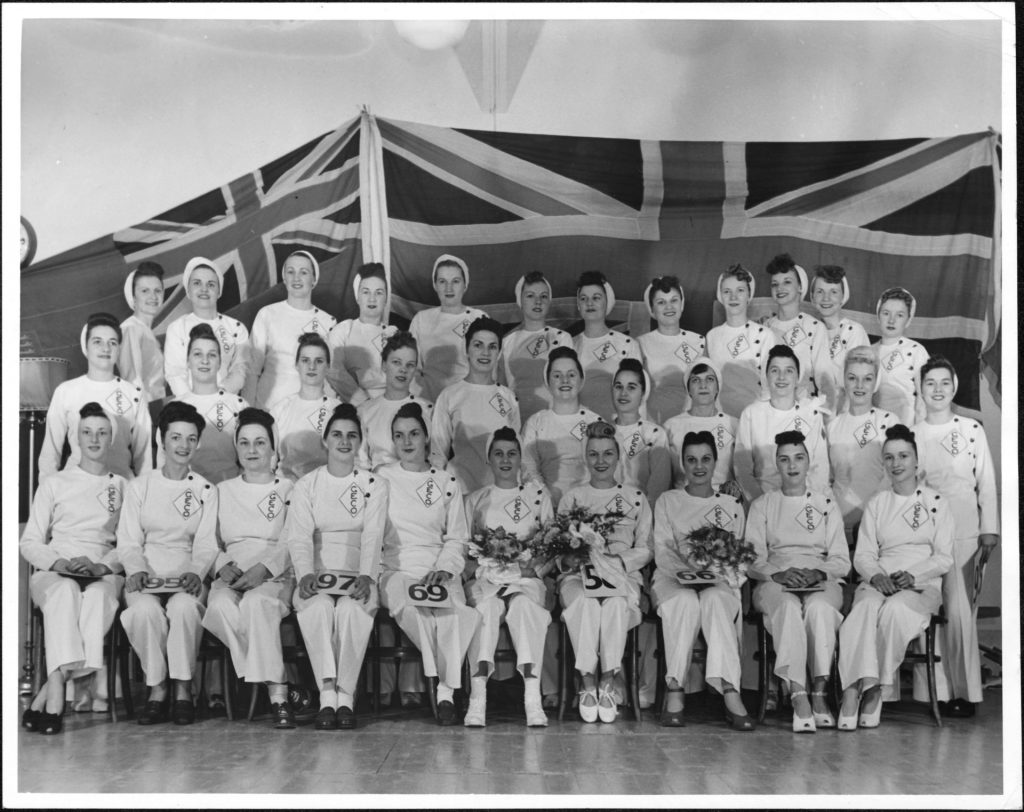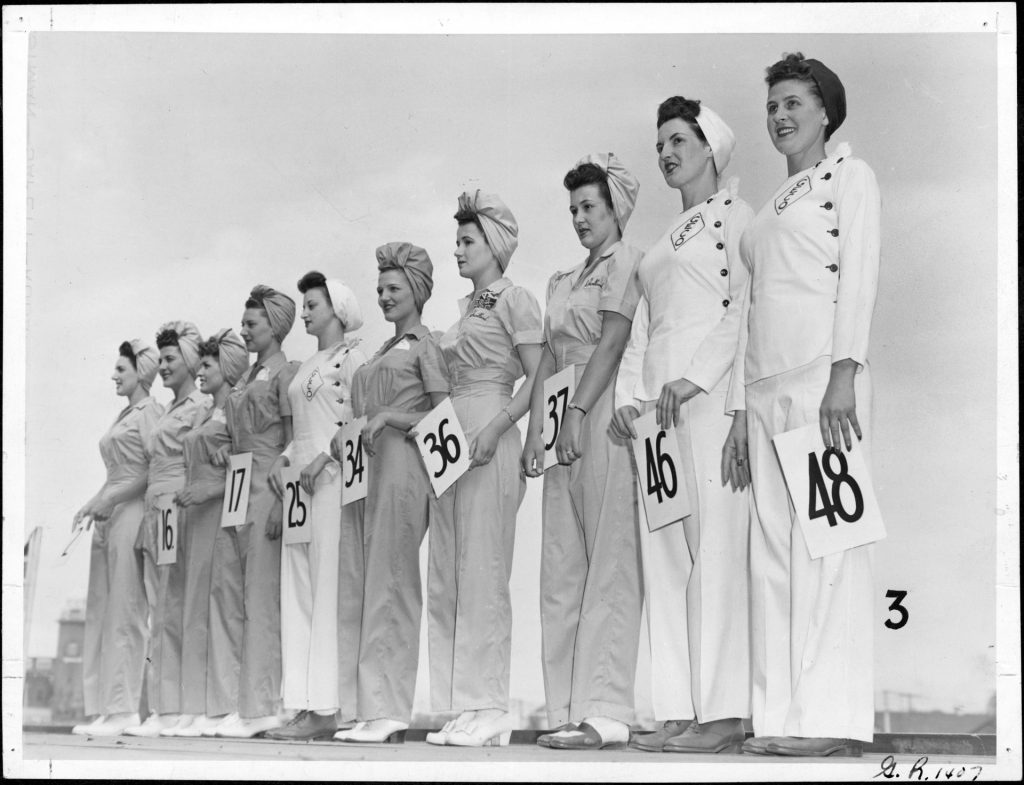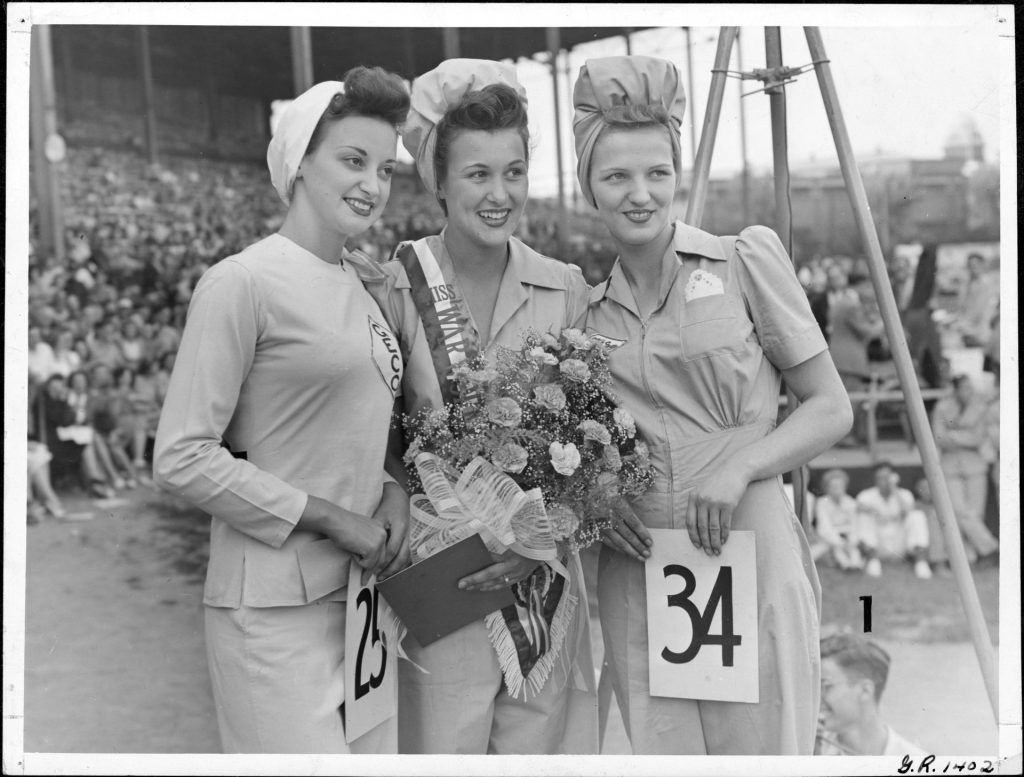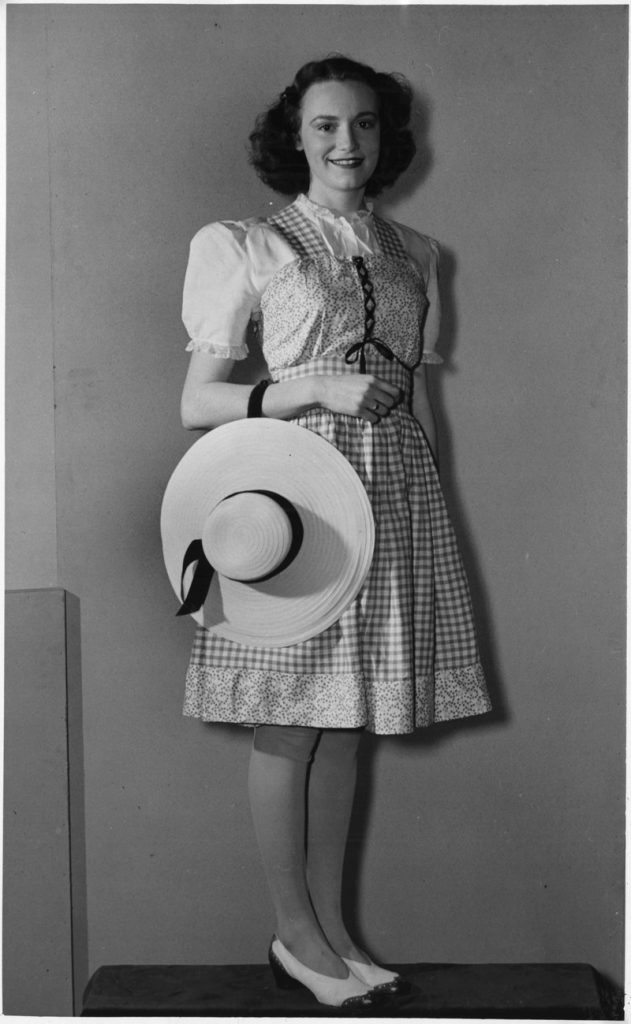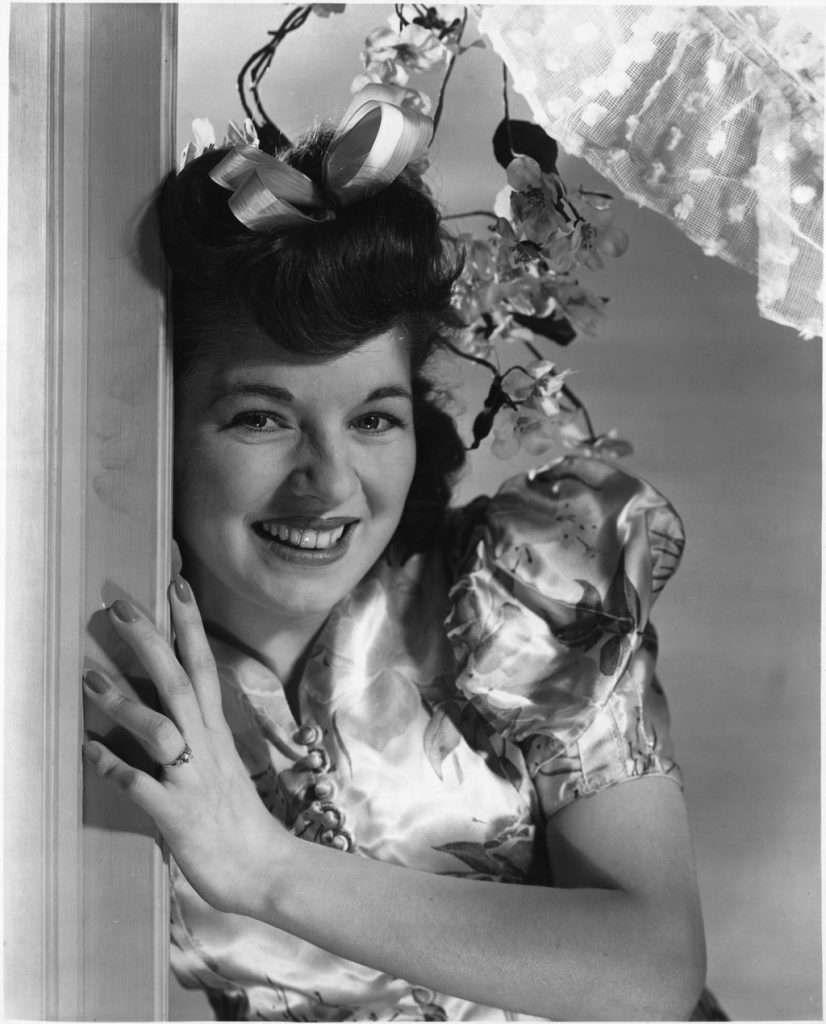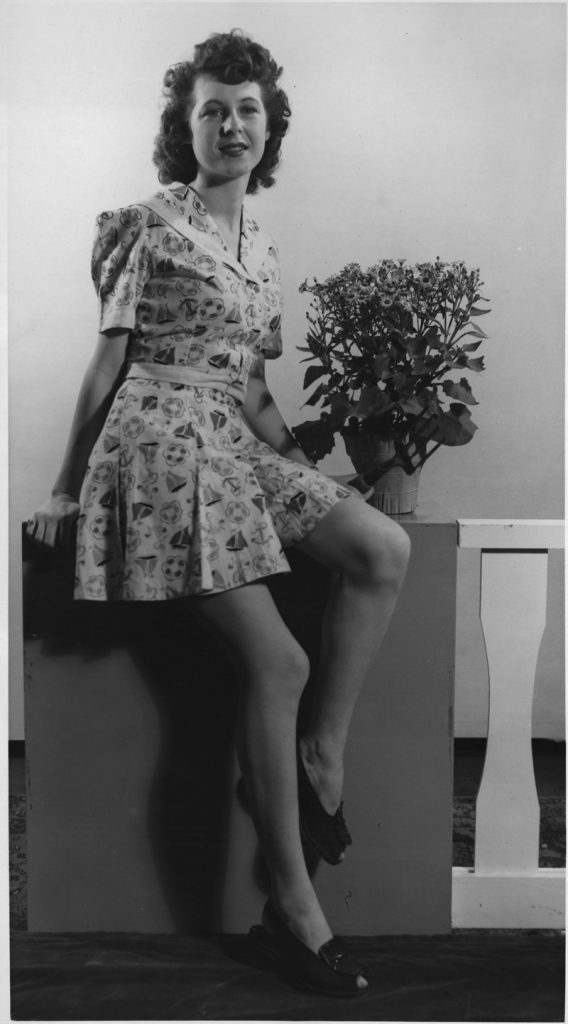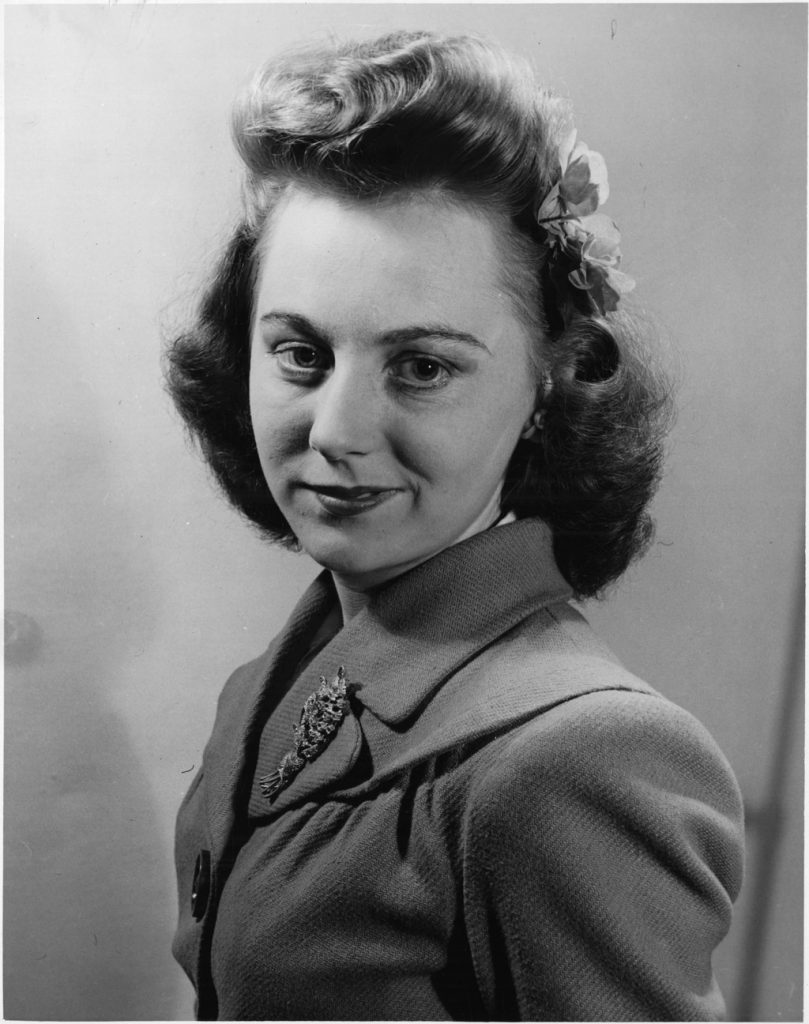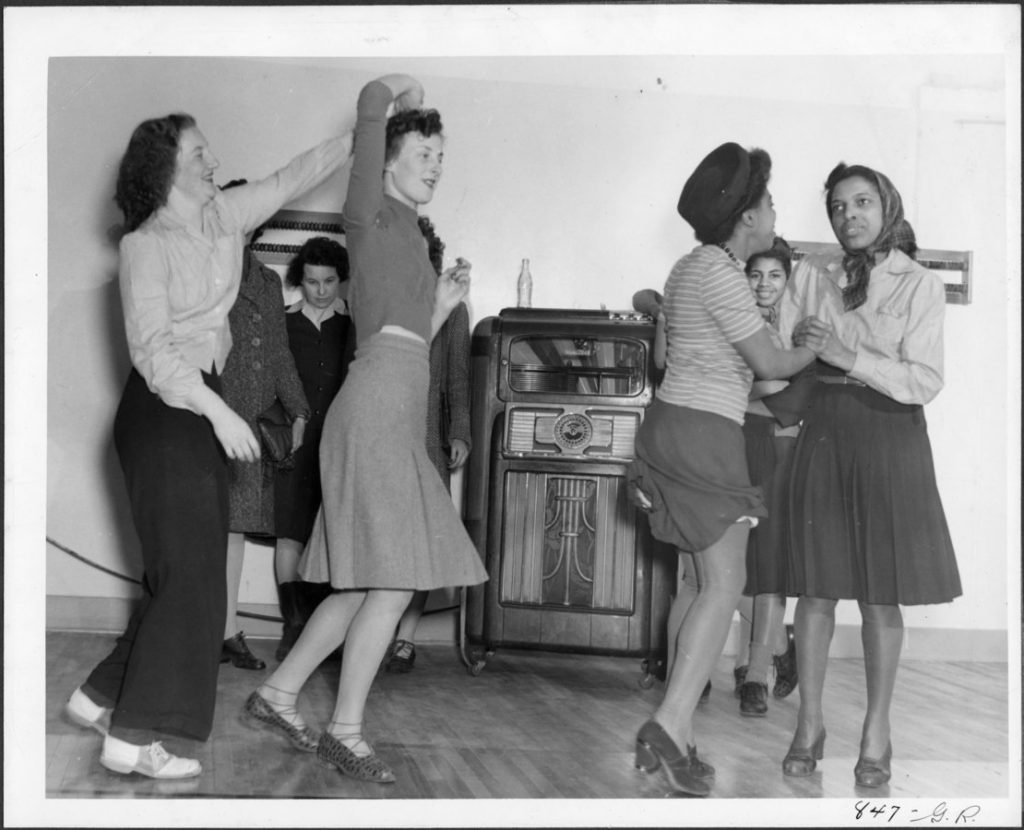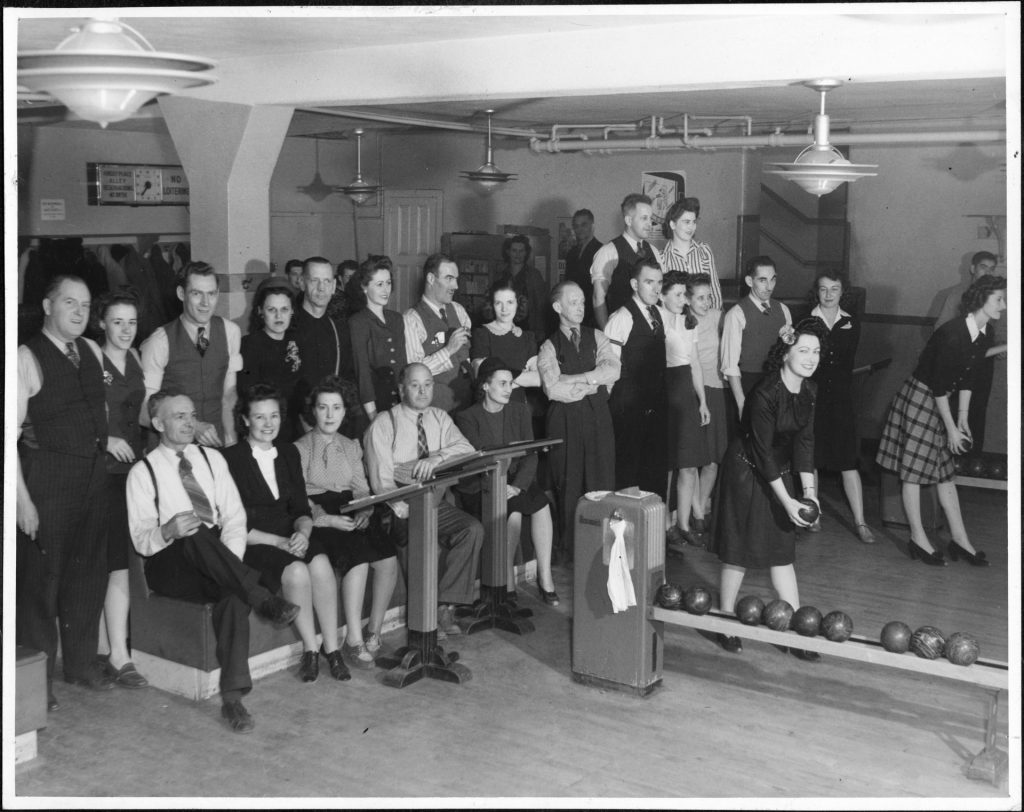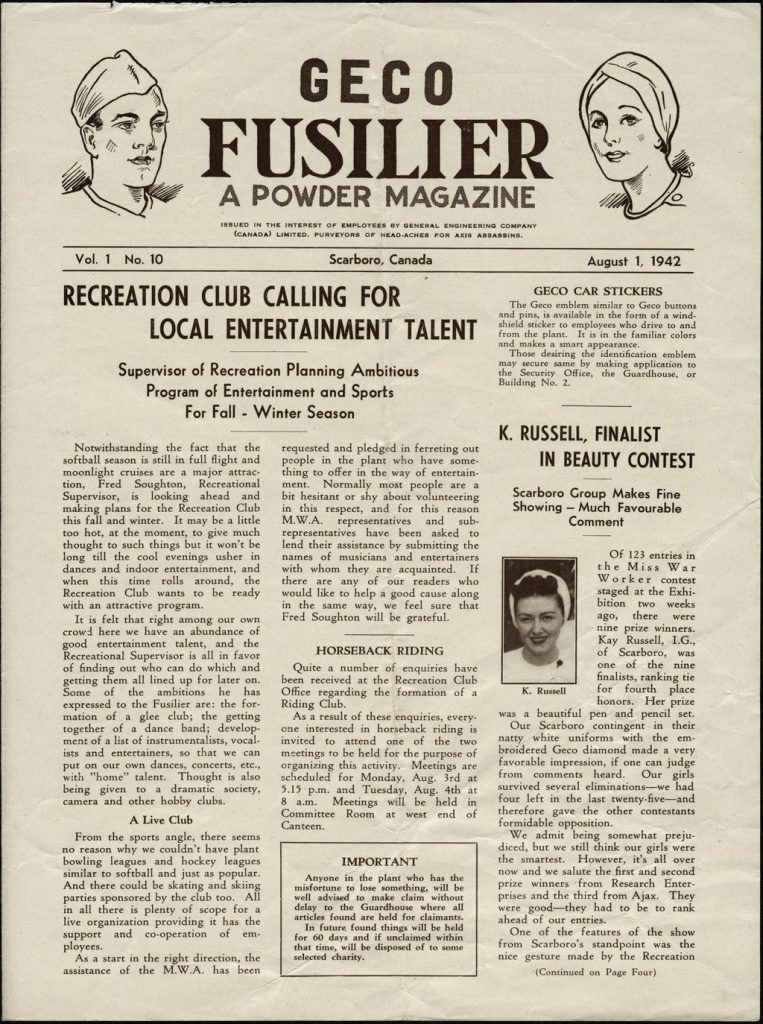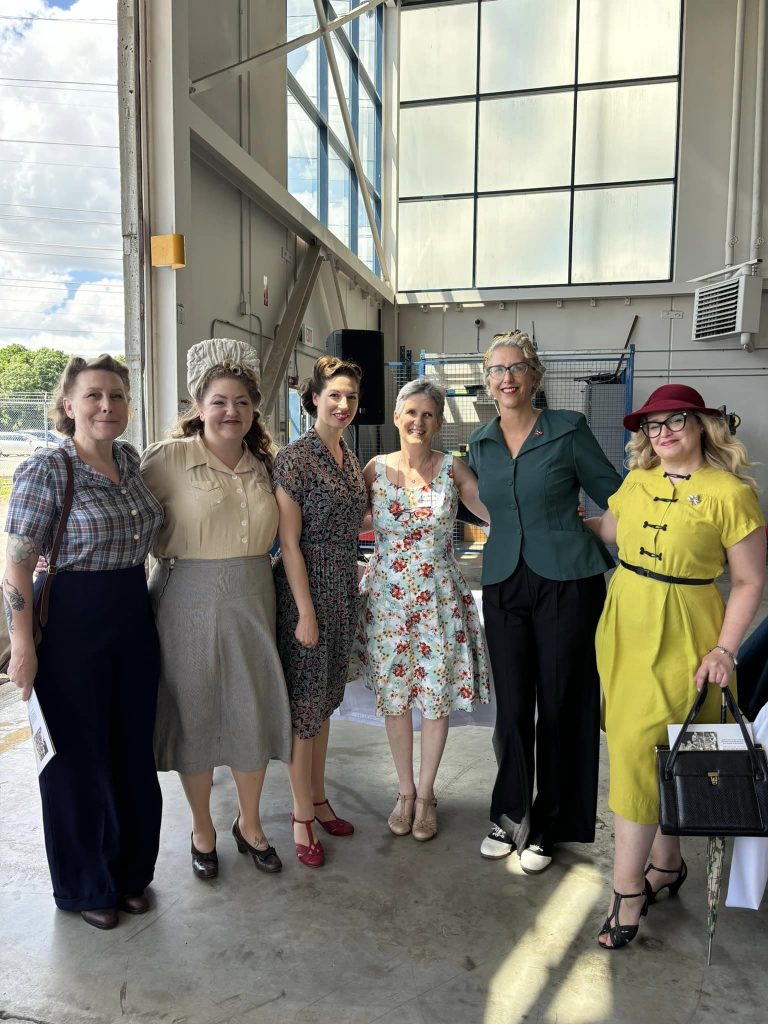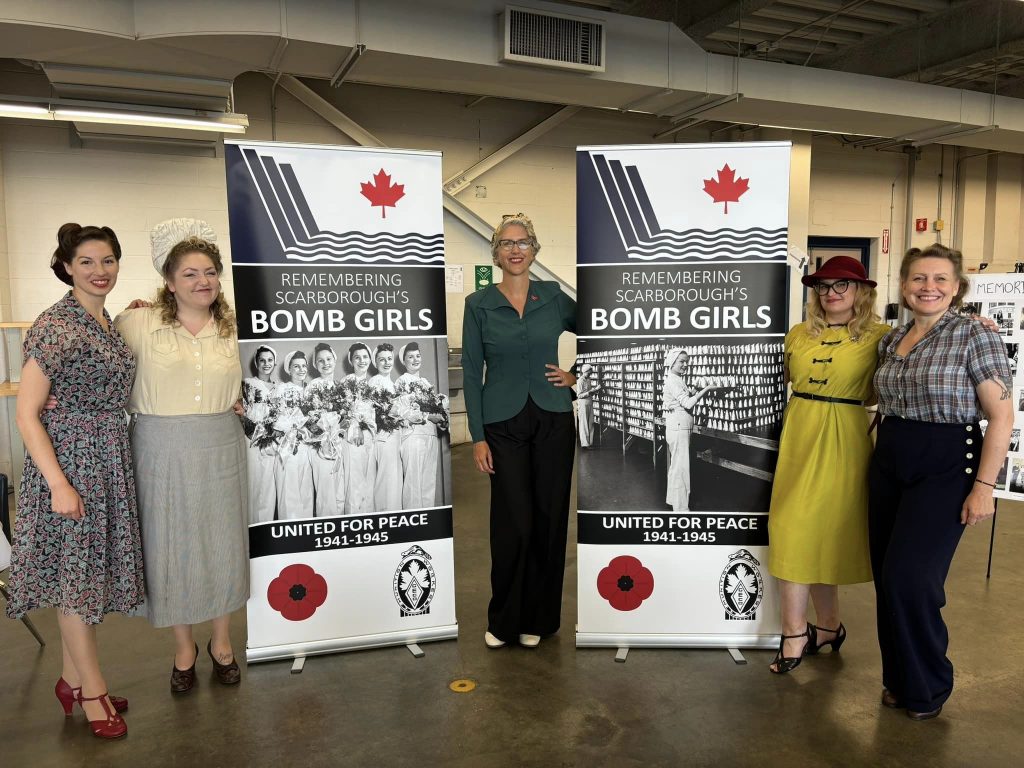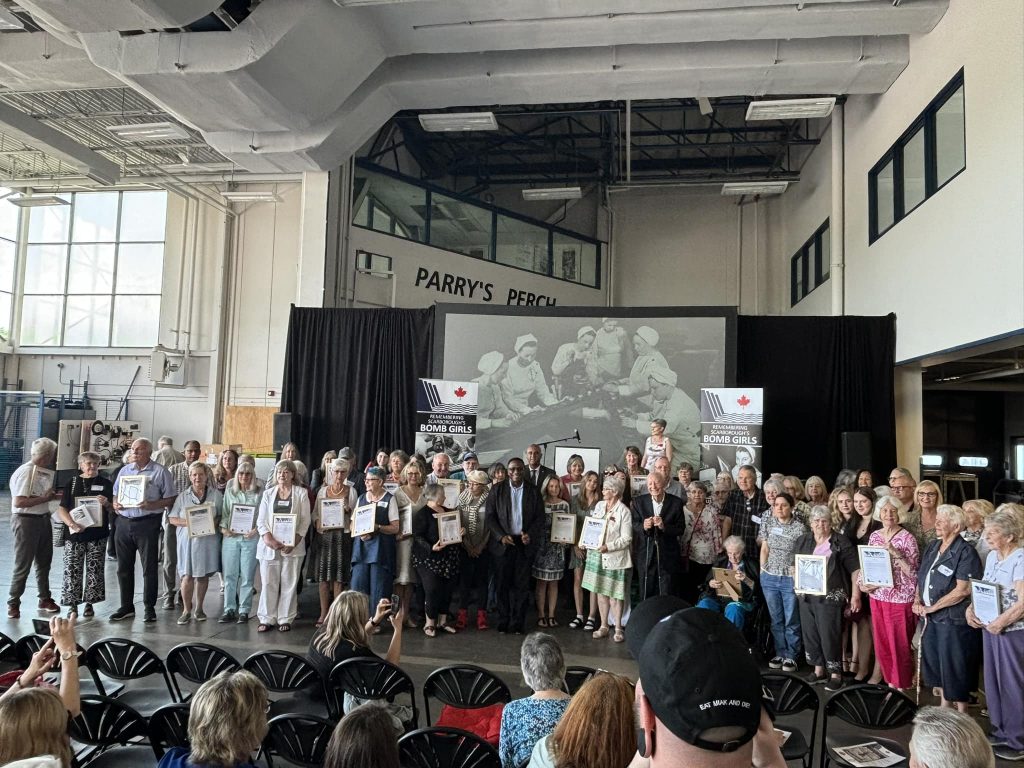One of my top blog posts is “Women of the Big Band Era that Everyone Should Know” that I wrote in 2016. Since then, I have written several more collections on the talented women of the era, that you can find HERE.
Today’s post is not a collection of women from this era but a focus on just one…..the incredibly talented Maxine Sullivan.
Note: If you have NEVER heard Maxine’s voice, you are in for a real treat. Her voice is so smooth and gorgeous you will be instantly a fan.
Women of the Big Band Era Everyone Should Know: MAXINE SULLIVAN
Overview of Maxine’s life:
- Maxine Sullivan, born Marietta Williams in Homestead, Pennsylvania, May 13th 1911 and began singing & playing music at a young age.
- Although none of her family members were trained musicians, many of her relatives played musical instruments and contributed to the sounds of what she fondly called the family’s “front porch orchestra”— an informal type of musical education common across the United States in the early twentieth century.
- Sullivan while working on her singing skills during this time also occasionally played the flugelhorn and the valve trombone.
- In 1936 Marietta got a gig as a singer for Homestead’s local speakeasy the Benjamin Harris Literary Society.
- She was then discovered by pianist Gladys Mosier (then working in Ina Ray Hutton’s big band–another one of my “Women you should know” blog posts) and headed off to New York City.
- Shortly thereafter, Sullivan became a featured vocalist at the Onyx Club in New York City, also known as “Swing Street“.
- During this period, she began forming a professional and close personal relationship with bassist John Kirby, who became her second husband in 1938 (she would be married 4 different times).
Sources: National Museum of African American History & Culture & Wikipedia
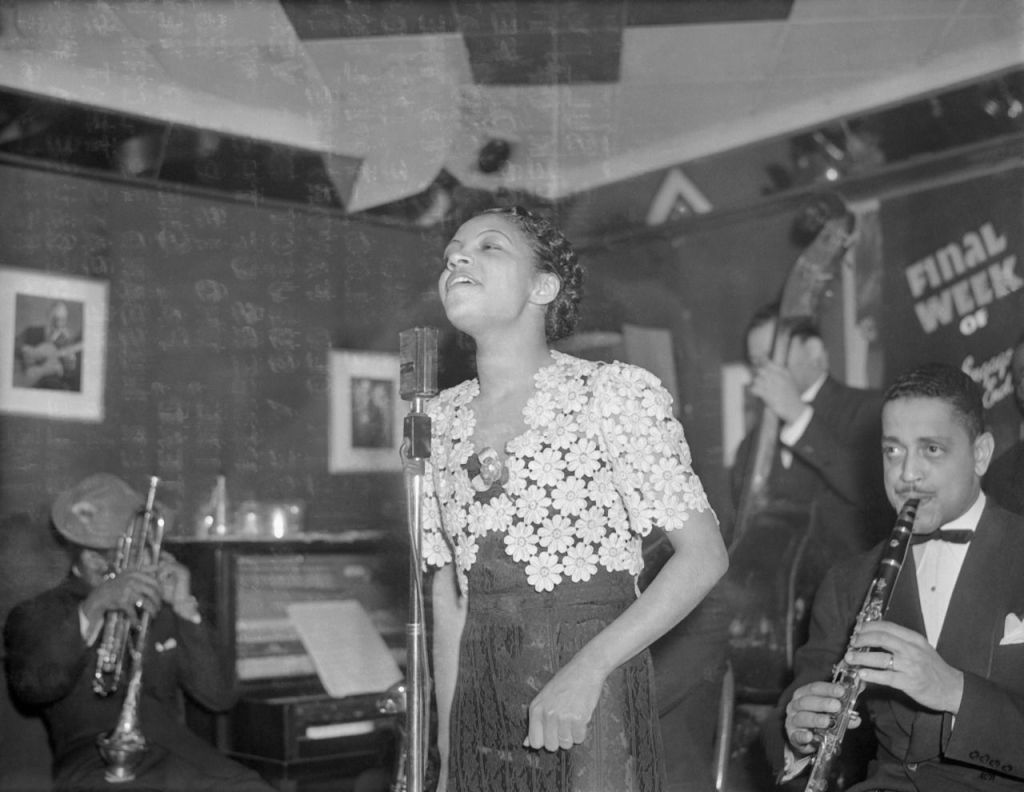
Maxine finds her hit song!
Early sessions with Kirby in 1937 yielded a hit recording of a swing version of the Scottish folk song “Loch Lomond“. The song captured widespread attention and catapulted young jazz singer Maxine Sullivan to stardom. The song, her only big hit, followed her over the course of a 40-year career (Source).
This early success “branded” Sullivan’s style, leading her to sing similar swing arrangements of traditional folk tunes mostly arranged by pianist Claude Thornhill, such as “If I Had a Ribbon Bow” (Source).
Personal note about this song: My in-laws are from Glasgow, Scotland (born & raised) and Loch Lomond is not that far away. At my wedding, the mother / son dance was to this version. Their was not a dry eye in the house.
Hollywood comes a knocking
Her early popularity also led to a brief appearance in the 1938 movie Going Places with Louis Armstrong. (Video Link)
Her other big film was the 1939 St. Louis Blues. Both films placed Maxine in the few roles open to African American women at the time, maids and singers (Source).
In the clicp below, Maxine performs her great swing version of “Loch Lomond” in the 1939 film “St. Louis Blues”. (Video Link)
1939 Maxine joins the short lived Swingin’ the Dream
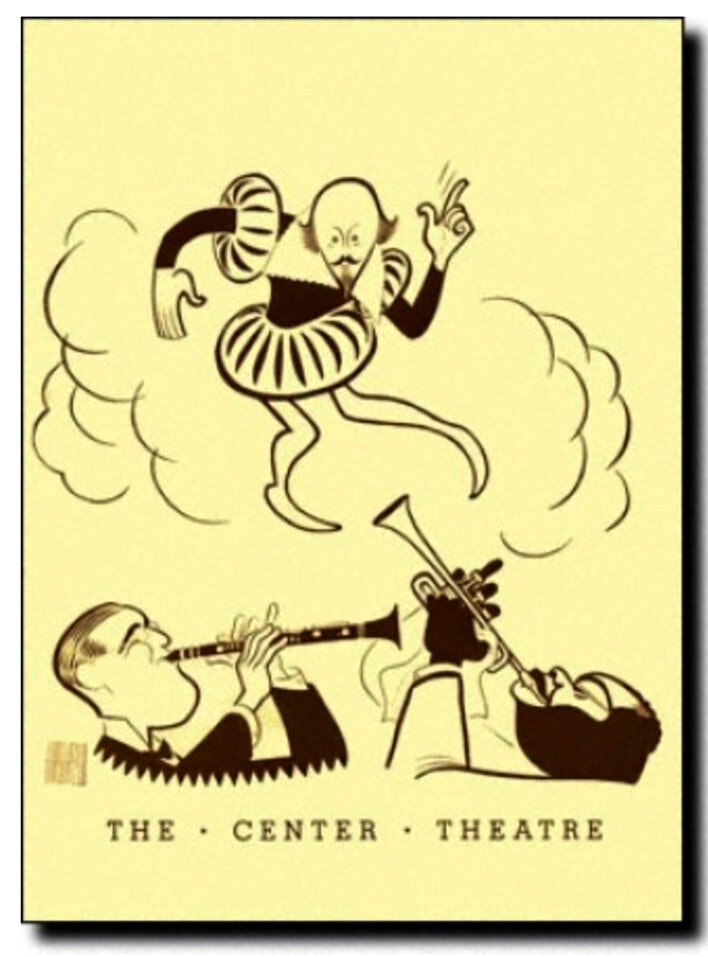
Maxine returned to New York City in 1939 and quickly rejoined Armstrong to star opposite him and many other Black entertainers in Swingin’ the Dream. The musical, a jazzed up version of Shakespeare’s A Midsummer Night’s Dream set in 1890 New Orleans, ran for only nine performances and went down in history as a disaster.
It featured some INCREDIBLE names on the bill, like:
- Louis Armstrong
- Benny Goodman
- Count Basie
- Maxine Sullivan
- The Dandridge Sisters (including Dorothy Dandridge)
- Butterfly McQueen (Prissy from Gone with the Wind)
- Jackie “Moms” Mabley (Comedic actress)
Despite the failure, the musical featured Maxine introducing the world to the beloved jazz standard “Darn that Dream” as Queen Titania (Source).
1940-Sullivan and Kirby become the FIRST Black jazz stars to have their own weekly radio series
From 1940 through 1941, Maxine and then-husband John Kirby headlined the popular CBS radio show “Flow Gently, Sweet Rhythm.” The pair were among the first African Americans to star on a nationally syndicated radio program and included many of their friends within the jazz community, including fellow singer Ella Fitzgerald (Source).
1940s and On….
Maxine continued to work throughout the 1940s performing with a wide range of bands as well as appearing at many of New York’s hottest jazz spots such as the Ruban Bleu, the Village Vanguard, the Blue Angel, and the Penthouse. In 1949, Sullivan appeared on the short-lived CBS Television series Uptown Jubilee, and in 1953 starred in the play, Take a Giant Step (Source).
In the 1950s she opted towards staying home with her children and fourth husband Cliff Jackson as performing opportunities slowed down.
Art Kane’s Photograph ‘A Great Day in Harlem‘-1958
A Great Day in Harlem’ is black-and-white photograph of 57 jazz musicians in Harlem, New York, taken by freelance photographer Art Kane for Esquire magazine on August 12, 1958.
Maxine was 1 of the 3 female musicians in the photo.
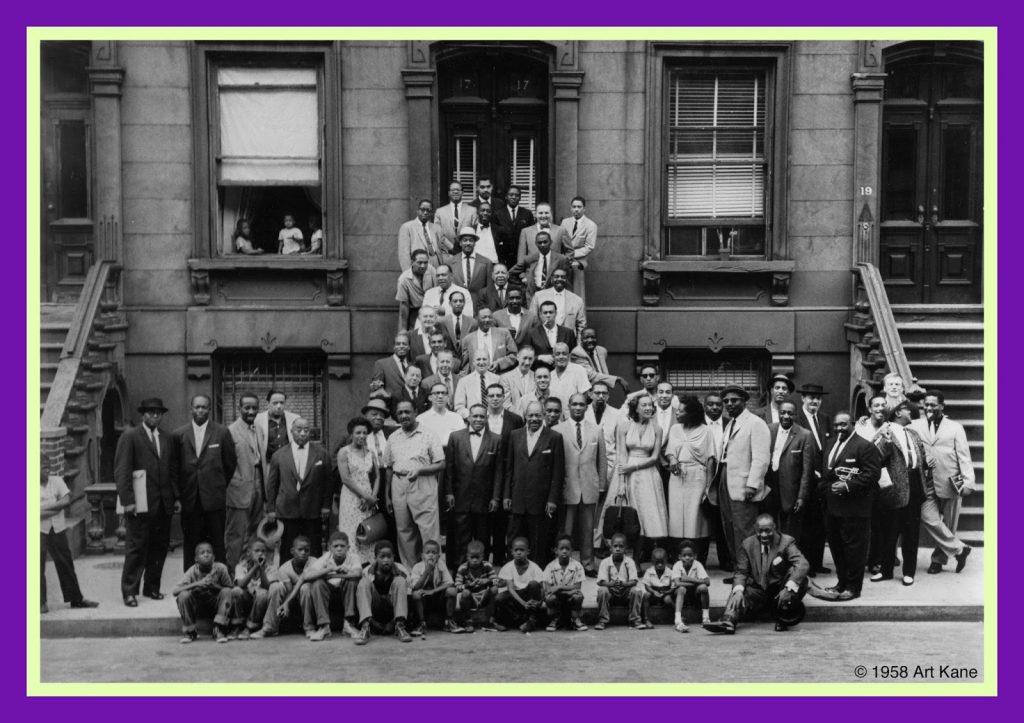
After stepping away from music life (1958) and focusing on being a nurse, mother and service to her community, she returned to the stage in 1966 performing in jazz festivals alongside her fourth husband Cliff Jackson.
Sullivan continued to perform throughout the 1970s and made a string of recordings during the 1980s, despite being over 70 years old. She was nominated for the 1979 Tony Award for Best Featured Actress in a Musical (won by Carlin Glynn) for her role in My Old Friends, and participated in the film biography Maxine Sullivan: Love to Be in Love,shortly before her death (Source).
Maxine Sullivan died aged 75 in 1987 in New York City after suffering a seizure. She was posthumously inducted into the Big Band and Jazz Hall of Fame in 1998.
I hope you enjoyed learning all about Maxine Sullivan!
Let me know if you are a big fan of Maxine or maybe a new fan thanks to this blog, by leaving a comment in the section below.
Other Blog Posts in the Series: “Women of the Big Band Era Everyone Should Know”:
Stay safe and thanks for dropping by!
Liz

